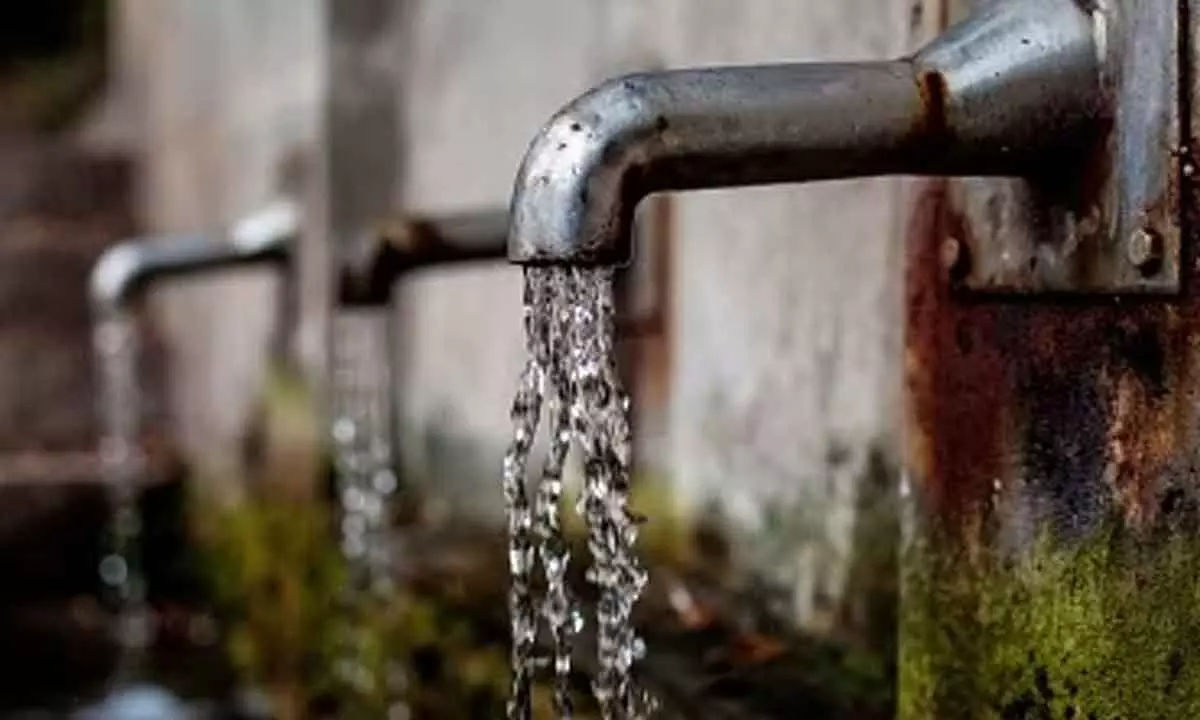Only 50% rural households have access to tapped drinking water
Under JJM, which was launched by the Centre in August 2019, all 18.93 rural households in the country were to be provided drinking water connections by 2024
image for illustrative purpose

Even as the deadline of providing drinking water through taps to every rural household under the government's ambitious Jal Jeevan Mission (JJM) by 2024 is fast approaching, only 50.3 per cent of households have been provided with functional household tap connections (FHTCs), while as many as 13 major states have more than 95 per cent households without these connections.
According to sources aware of the developments, while smaller states have been able to provide tapped drinking water access to almost all rural households under their jurisdiction, the Jal Shakti ministry has identified 13 major states where more than 9 crore or 95 per cent of rural households are yet to be provided with FHTCs.
Under JJM, which was launched by the Centre in August 2019, all 18.93 rural households in the country were to be provided drinking water connections by 2024.
The ministry had claimed that at the time of starting the mission, i.e. in August 2019, only 17 per cent of the 18.93 rural households had tapped drinking water.
However, as of June 2022, almost three years since JJM began, only 9.63 crore or 50.3 per cent of rural households had FHTCs.
The ministry on its part has said that several laggard states have indicated to it during review meetings that they are facing many bottlenecks while implementing the scheme.
Just last week, the Parliamentary standing committee on water resources pulled up the Jal Shakti ministry for the poor implementation of JJM by many states.
The committee observed in its report on the JJM (submitted in Parliament on February 10) that merely enumerating the bottlenecks will not go a long way in achieving the set target, rather a comprehensive review of the scheme needs to be undertaken by the department, keeping in view the bottlenecks identified by the states, and also by further identifying the practical difficulties being faced in its implementation.
In this light, the panel has sought a response from the ministry on what action it has taken towards rectifying these aspects, within three months, i.e. by May 2023.

